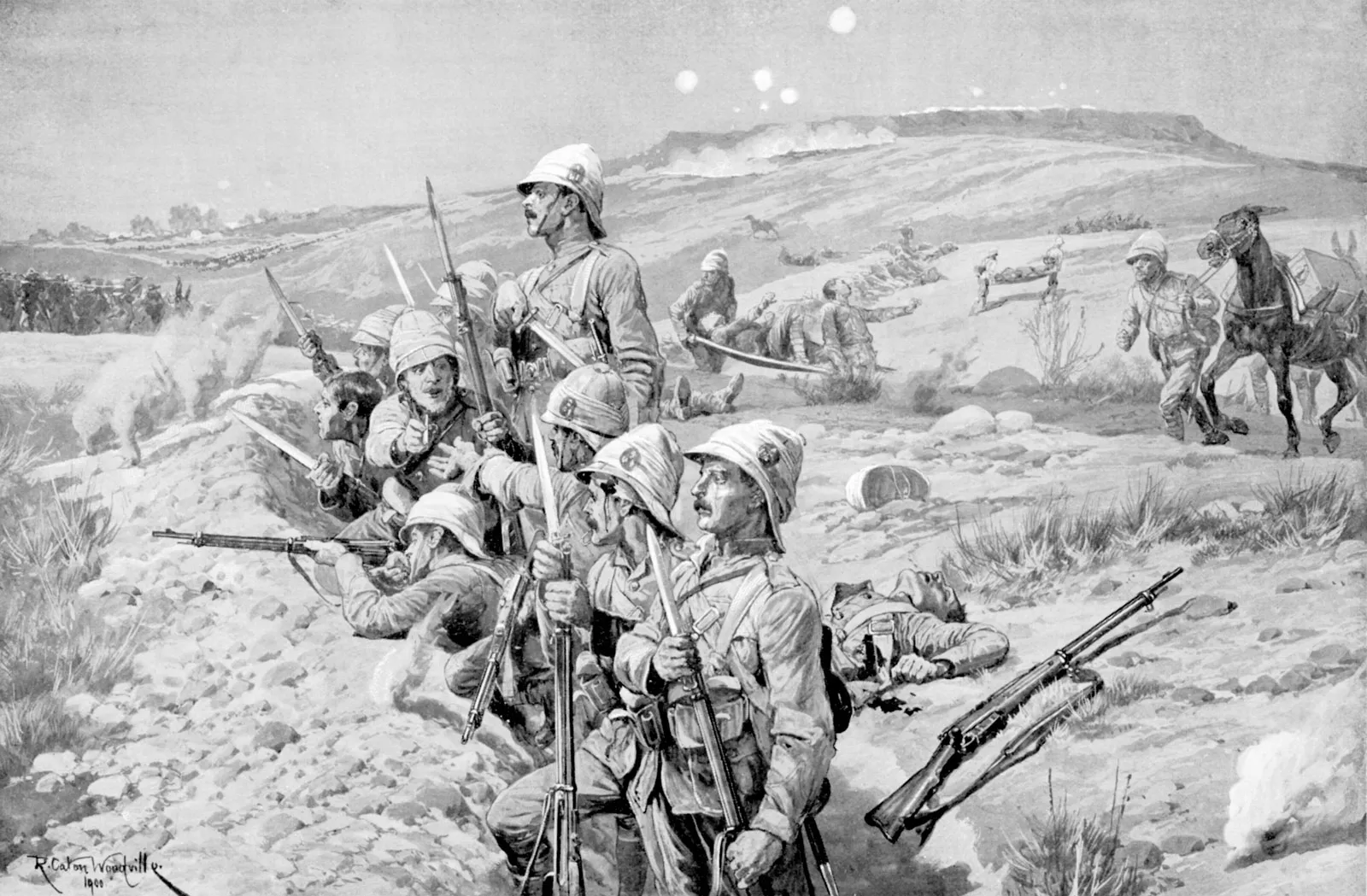
Several defining moments in African history have unfolded on October 9, ranging from the Transvaal ultimatum to Britain to the Nobel Peace Prize awarded to Tunisia’s National Dialogue Quartet.
In 1899, the South African Republic of Transvaal issued an ultimatum to Great Britain, demanding the withdrawal of British troops from its borders.
When the ultimatum expired on October 11, it triggered the Second Boer War — a major conflict in Southern Africa’s colonial history that reshaped the region’s political landscape.
October 9 also marks the birth of one of Africa’s most influential intellectuals. On this day in 1906, Léopold Sédar Senghor was born in Joal, Senegal.
A poet, philosopher, and later the first president of independent Senegal, Senghor became a leading figure of the Negritude movement. His ideas profoundly shaped African cultural identity and postcolonial political thought. He passed away on December 20, 2001.
The date holds further significance for East Africa. On October 9, 1962, Uganda gained independence from the United Kingdom, with Milton Obote becoming the country’s first Prime Minister. The event marked the dawn of Uganda’s postcolonial era and a new chapter in its national history.
Tragedy also struck on this date. On October 9, 2013, violent clashes between anti-Balaka militias and former Seleka rebels left about 60 people dead in the village of Gaga, northwest of Bangui in the Central African Republic. The violence was part of the ongoing civil conflict that has destabilized the nation since 2012.
Finally, on October 9, 2015, Tunisia’s National Dialogue Quartet received the Nobel Peace Prize for its pivotal role in steering the country toward a pluralistic democracy following the 2011 Jasmine Revolution. The Quartet was honored for resolving a major political crisis between 2013 and 2014, a landmark achievement in the region’s democratic transition.



